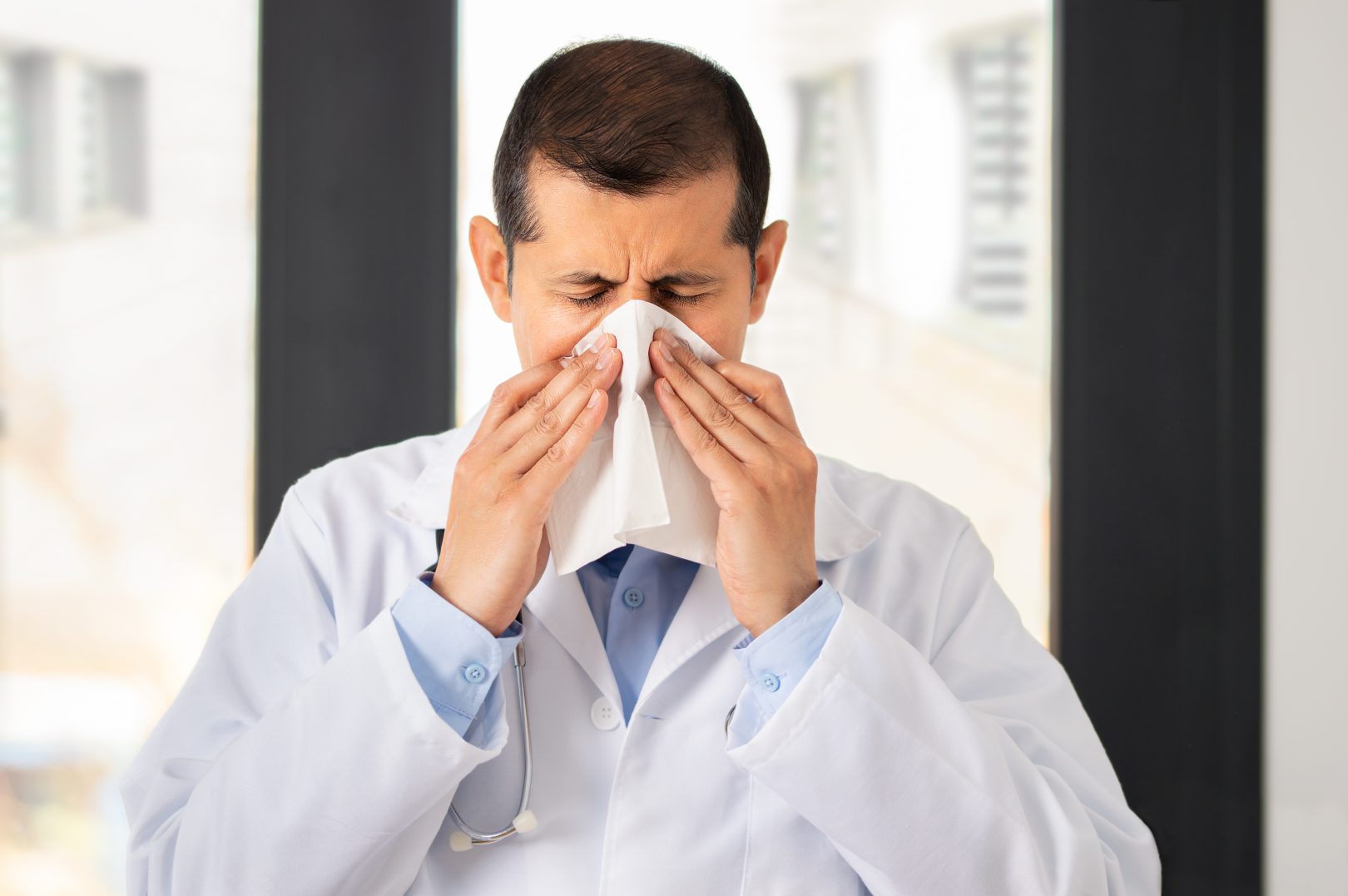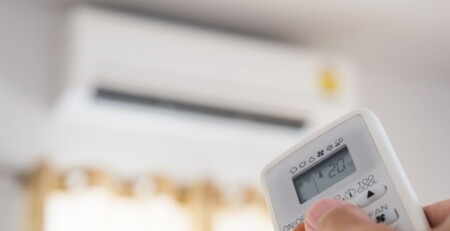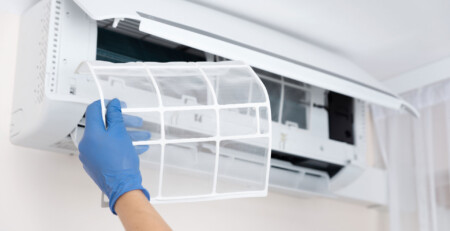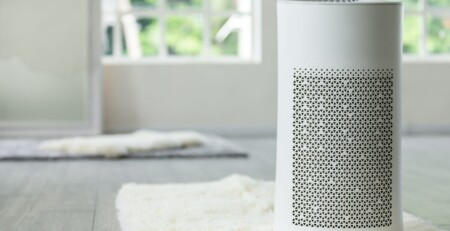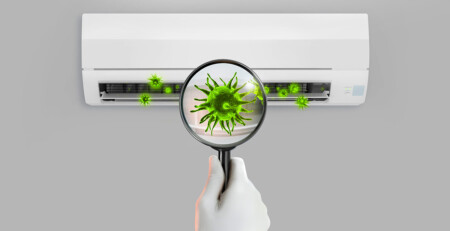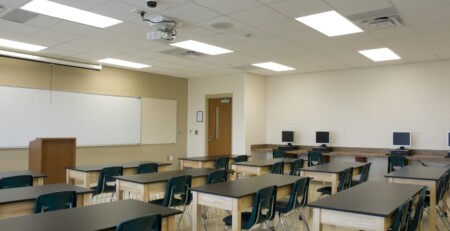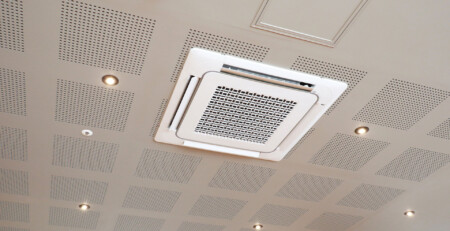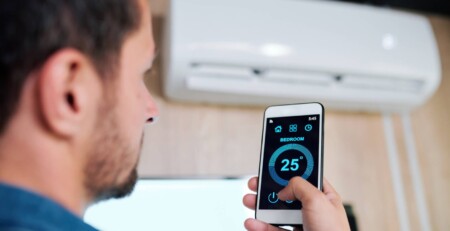Ever wondered if a hospital HVAC system can make you sick?
If the rapid rise of Covid-19 cases globally has taught us anything, it’s that the virus can be transmitted by aerosol. We now know we can become infected after being exposed to aerosol droplets exhaled by an infected person. But can infected aerosols also be distributed by Heating, Ventilation, and Air Conditioning (HVAC) systems? Let’s explore.
It’s time to turn our attention to the adequacy of ventilation in hospitals
First there was the airborne spread of Covid-19 in hotel quarantine that caught our attention. Then much was reported on the significance of ventilation in schools to keep coronavirus at bay in the classroom. Now we’re asking if air conditioning systems in hospitals contribute to the spread of infectious disease.
Why? Because last year, the Victorian state government launched a study into aerosol behaviour that tracked particles as they were carried in HVAC airstreams. The study was conducted after more than 4000 hospital workers and patients were infected at hospitals.
It was determined older ventilation systems were less effective at recirculating air, consequently reducing optimum air flow. That means while there was enough outside air, the problem was what happened to that air inside the hospital. The answer? We have to wait and see. The findings of a government commissioned audit are yet to be released but, in the interim, health authorities have called for an upgrade of hospital HVAC systems.
HVAC systems were built for comfort – not infection control
That was once the case. But now purpose built isolation rooms – or pandemic rooms – are being used to isolate patients who are, or are suspected of being, infectious of a disease such as Covid-19.
These negative pressure rooms play a crucial role in protecting patients and healthcare staff by preventing the spread of infection. How? The system filters the air that flows into the room, and filters infectious airborne particles on their way out of the room so as not to contaminate other areas. The aim is to ensure contaminated air does not escape outside the room when the door is opened.
However, isolation rooms are not set up in every hospital. Which is why OzSAGE (a lobby group of health experts) has recommended hospitals prioritise the use of negative pressure rooms for Covid-19 infected patients.
Back to the question of aerosol movement in HVAC systems
There have been many studies conducted that look at the spread of droplets in a room from a cough or a sneeze. However, one particular study takes the investigation a step further – this time looking at how these droplets are further distributed via HVAC systems. And the conclusions make for interesting reading.
The study modelled how effective HVAC systems are at distributing potentially infectious droplets. It also looked at where these droplets ended up.
In short, it was found that HVAC systems are the perfect vehicle for distributing aerosols. Not good news.
However, it concluded that good filtration can significantly reduce the ability for infected aerosols to spread from one person to another via the ventilation system. And that is good news.
What does this mean for hospitals?
A lot. HVAC systems should be specifically customised to reduce the risk of airborne transmission, according to OzSAGE member and Queensland University of Technology’s Distinguished Professor Lidia Morawska.
Morawska has collaborated with the World Health Organisation (WHO) on air quality and its impact on human health. She understands ventilation better than most. She said good ventilation practices were already in place in many hospitals. But she stressed two imperative safeguards: avoiding air recirculation, and cleaning systems.
She also emphasised the need for engineering controls – such as sufficient ventilation, particle filtration and air disinfection – to better protect healthcare workers, patients and the public.
Ausmech Air is proud to be recognised as a leader in the design, installation and maintenance of HVAC systems in healthcare settings. Speak to us about optimising your commercial air conditioning system and maintenance to contain the spread of bacteria and viruses.

